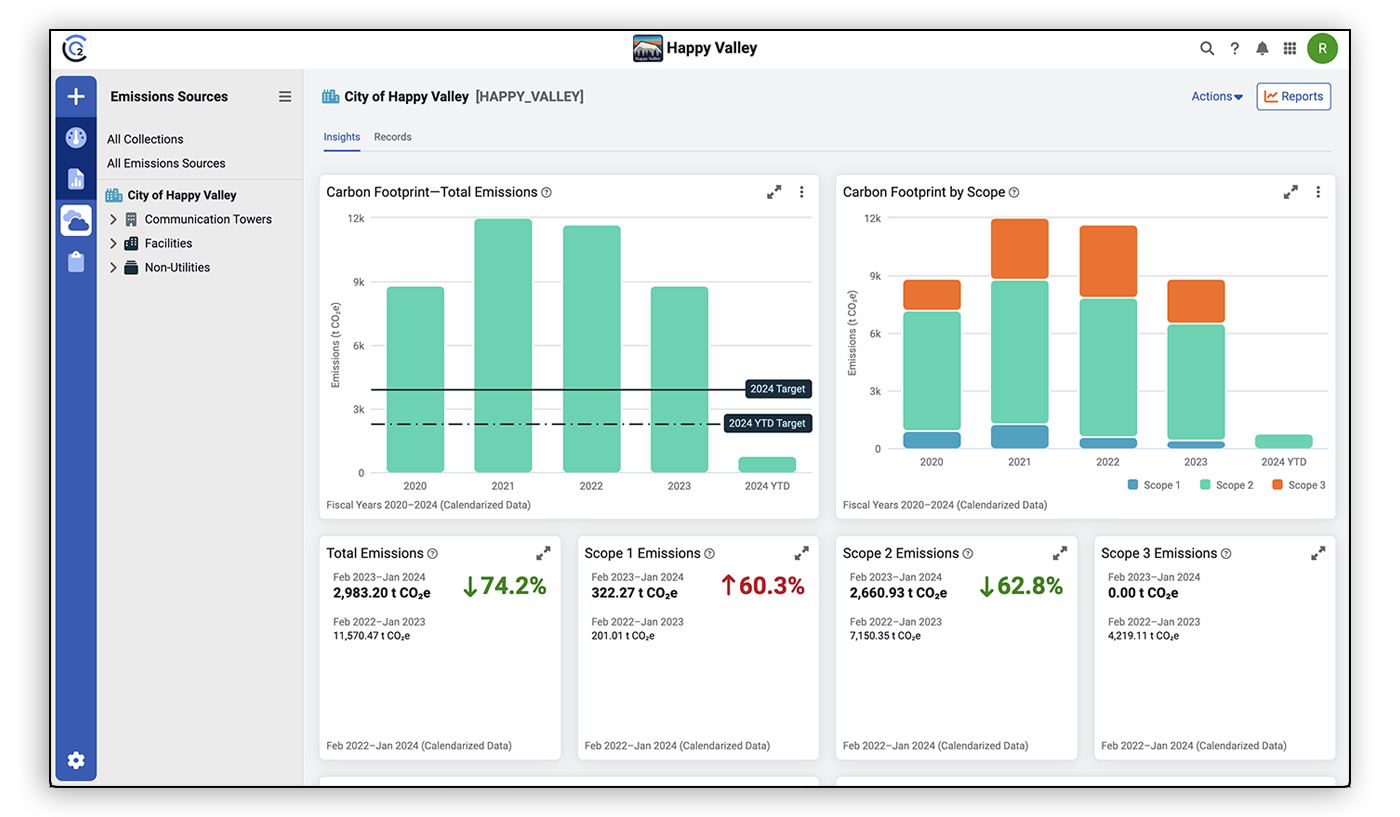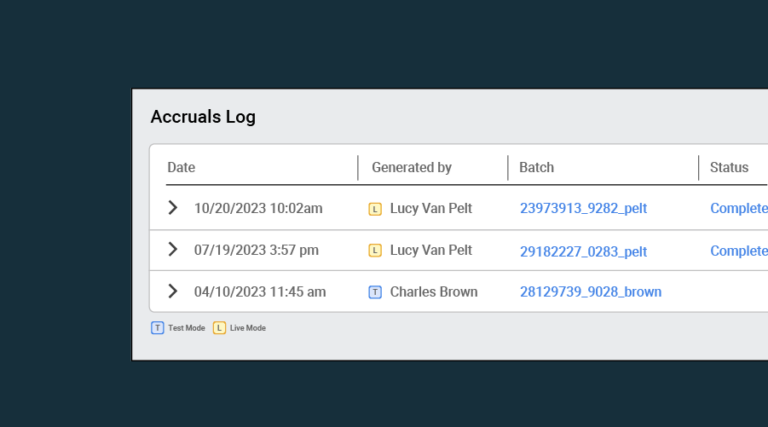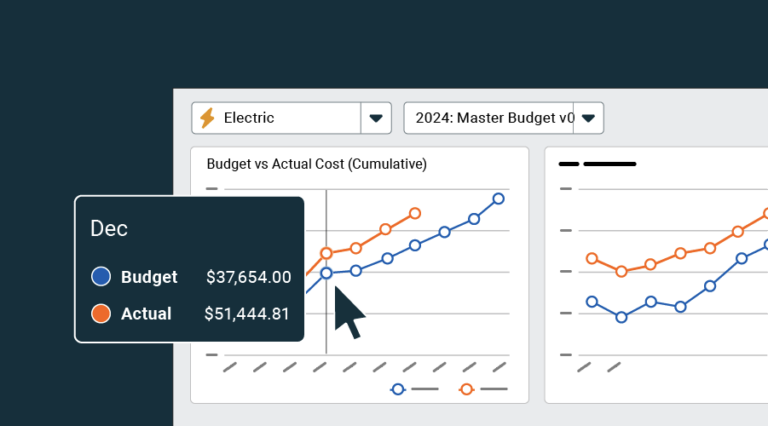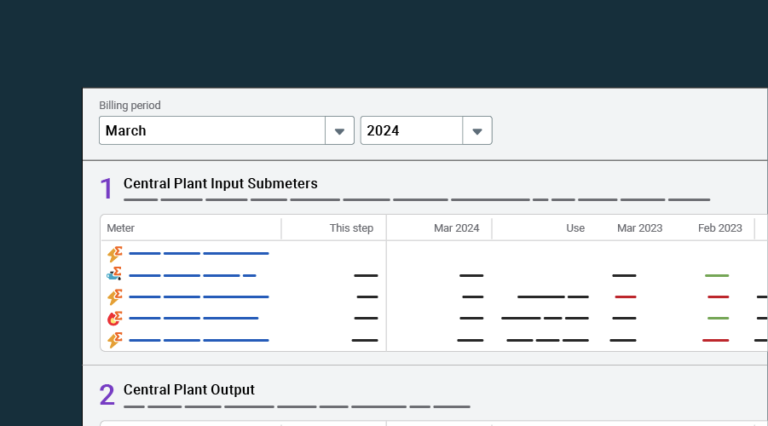Greenhouse gas reporting
Organizations can track their carbon footprint and progress towards their decarbonization goals using EnergyCAP CarbonHub. Manage and report on Scope 1, Scope 2, and Scope 3 emissions based on their standard categories using default or customized GHG factors.
GHG Protocol standards identify operational boundaries for corporations and institutions to scope their sources of emissions to provide accountability and for the prevention of double counting or conversely, double credits.
Carbon and GHG emissions data can be segmented by GHG category, type, and commodity. The EPA’s eGRID GHG conversion factors are provided with a current EnergyCAP subscription, or factors can be entered manually or imported from a source of your choosing.

 Best-in-class portfolio-level energy and utility bill data management and reporting.
Best-in-class portfolio-level energy and utility bill data management and reporting.
 Real-time energy and sustainability analytics for high-performance, net-zero buildings.
Real-time energy and sustainability analytics for high-performance, net-zero buildings.
 A holistic view of financial-grade scope 1, 2, and 3 carbon emissions data across your entire business.
A holistic view of financial-grade scope 1, 2, and 3 carbon emissions data across your entire business.
 Energy and sustainability benchmarking compliance software designed for utilities.
Energy and sustainability benchmarking compliance software designed for utilities.



